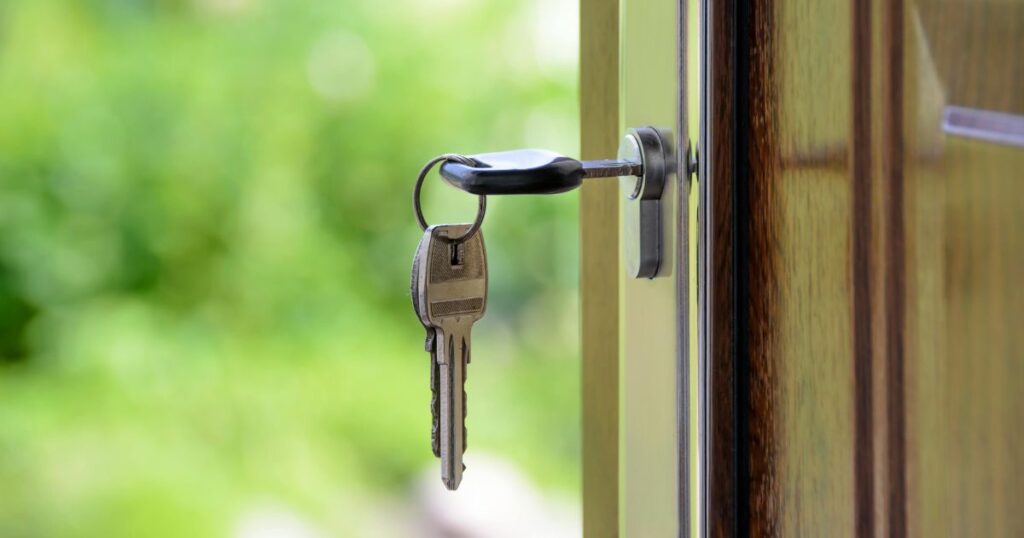If you’re a property owner or leaseholder, you may have encountered the term “landlord certificate” and wondered what it entails. Understanding what a landlord certificate is and when you need one is crucial for compliance and ensuring the safety and legality of your property. This guide will provide a detailed overview of landlord certificates, their purpose, and how they impact property management.
Landlord insurance
We recognise the challenges of property management and compliance, which is why our landlord insurance is designed to provide comprehensive protection for your investment.
What is a landlord certificate?
A landlord certificate is an official document required under specific legislation and regulations, primarily related to building safety and maintenance. It provides essential information about the condition of a property and confirms compliance with various legal requirements. The specifics of what needs to be included in the certificate can vary depending on the applicable laws and regulations.
Why do you need a landlord certificate?
Landlord certificates serve several important purposes:
- Compliance with Legal Requirements: The Building Safety Act 2022, requires landlords to provide a landlord certificate to confirm that the property meets safety and compliance standards. This includes ensuring that the building adheres to fire safety regulations and other safety measures.
- Information for Leaseholders: For leaseholders, the certificate confirms that the property is well-maintained and complies with current regulations. It also informs leaseholders about any significant works or safety issues related to their building.
- Transparency and Record-Keeping: Landlord certificates offer a record of compliance and maintenance, which can be important for future property transactions or disputes. They provide evidence that the landlord has fulfilled their obligations concerning the property’s upkeep and safety.
What should be included in a landlord certificate?
A certificate typically includes the following information:
- Property Details: The certificate should clearly state the address and other relevant details about the property.
- Compliance Confirmation: It confirms that the property complies with specific regulations, such as fire safety and structural integrity.
- Maintenance Records: Include details of recent maintenance or safety inspections.
- Certification Period: The certificate often has a validity period, after which you must renew or update it.
When do you need to provide a landlord certificate?
Landlord certificates are usually required in the following scenarios:
- New Tenancies: When establishing a new tenancy agreement, landlords must provide a certificate to confirm that the property complies with safety regulations.
- Major Works: If significant works or renovations occur on a property, landlords need a new certificate to show that the changes meet safety and compliance standards.
- Regulatory Changes: If there are updates to building safety regulations or other relevant laws, landlords may need to update or provide new certificates to reflect compliance with the latest requirements.
How to obtain a landlord certificate
Obtaining a certificate involves several steps:
- Inspection and Assessment: Arrange for a qualified inspector or surveyor to assess your property. This assessment will determine whether the property meets all necessary safety and compliance standards.
- Documentation: Gather and submit all required documentation, including records of maintenance and any previous certificates.
- Certification: After inspecting and assessing the property, the relevant authority or certified professional will issue the certificate.
- Keep Records: Ensure you keep copies of the certificate and any related documentation for future reference and compliance checks.
Summary
Understanding and managing landlord certificates is crucial for property owners and leaseholders alike. Ensuring compliance with safety and regulatory standards not only protects tenants but also helps maintain the property’s overall value and integrity. If you have any further questions or need assistance with obtaining a landlord certificate, consider consulting with a legal expert or property professional.


